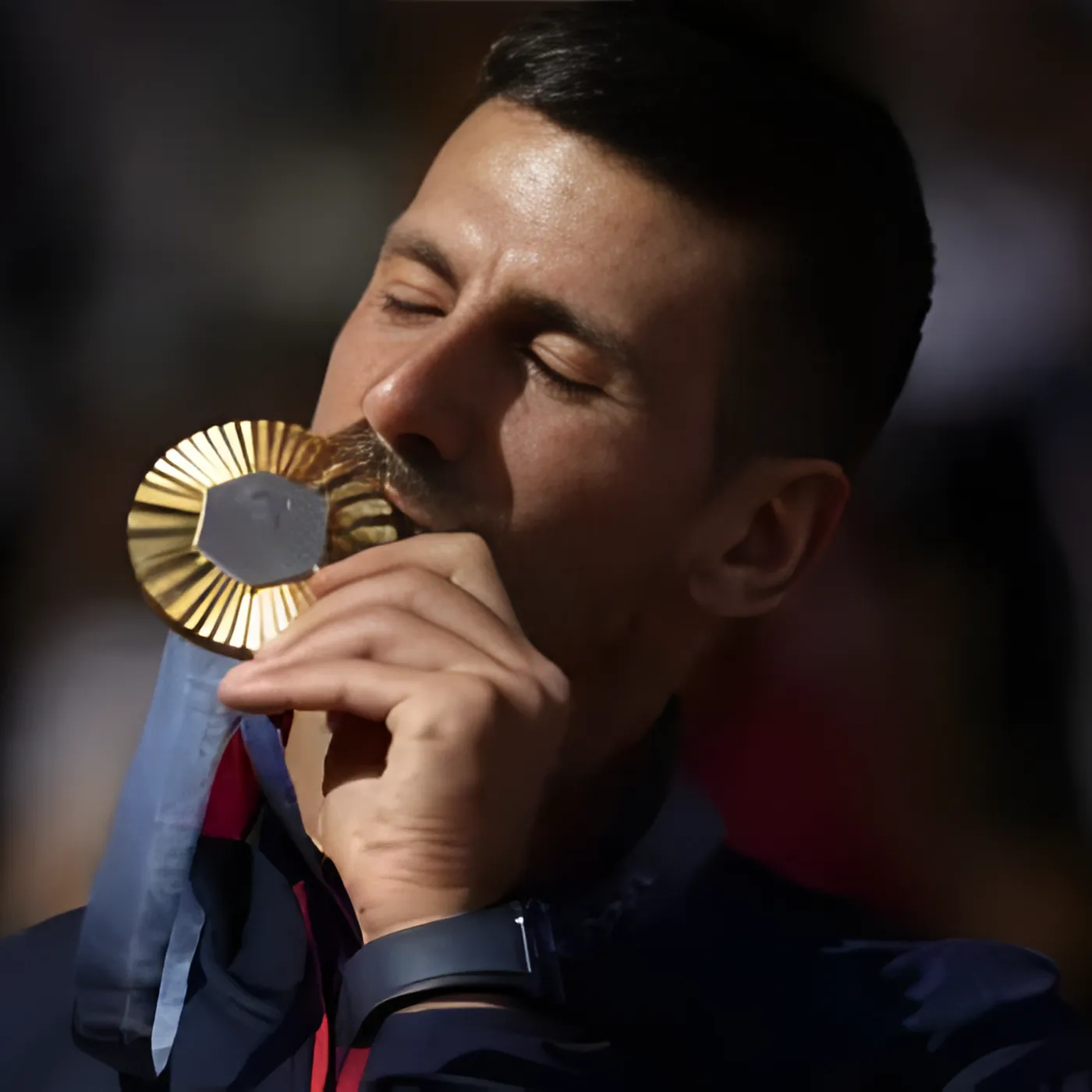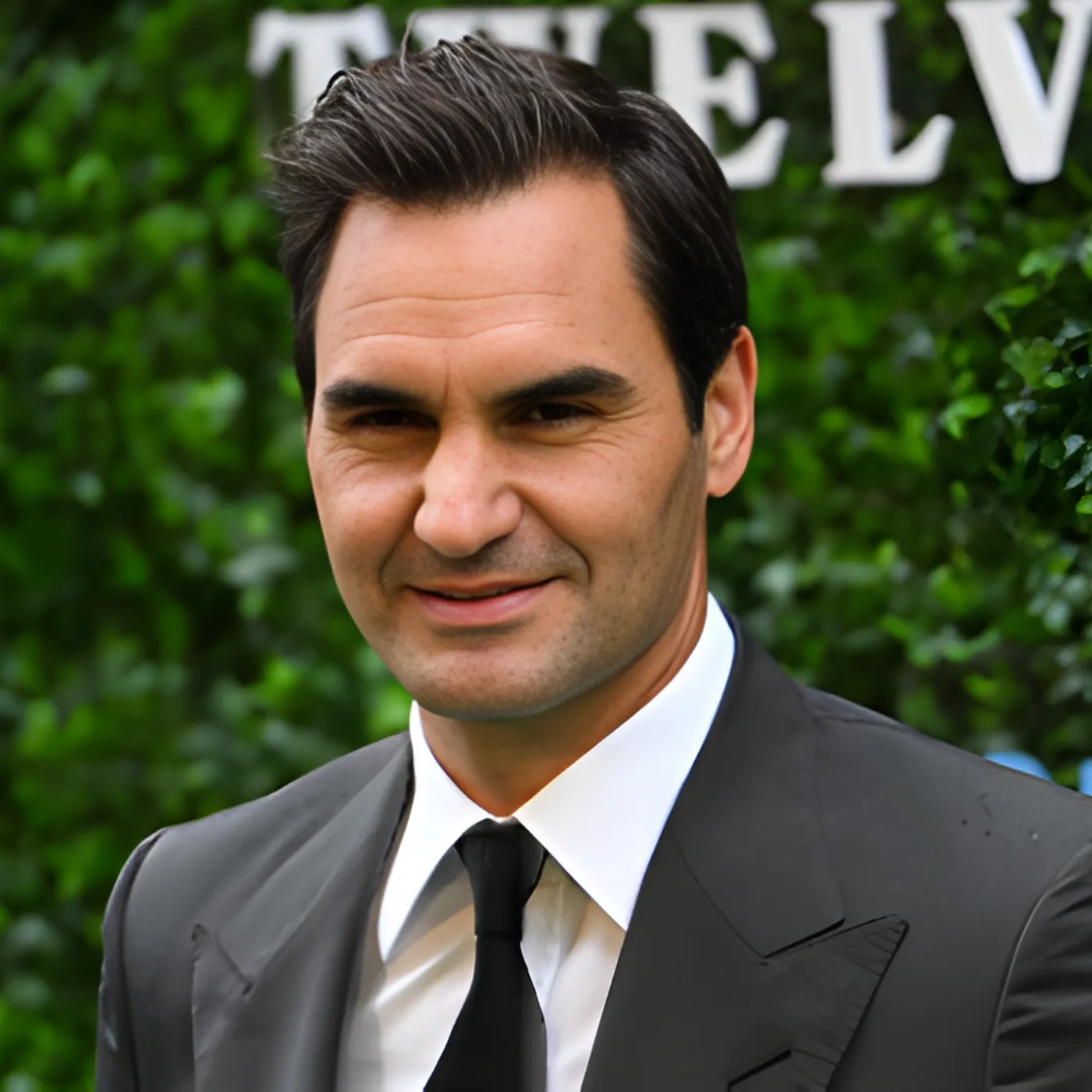
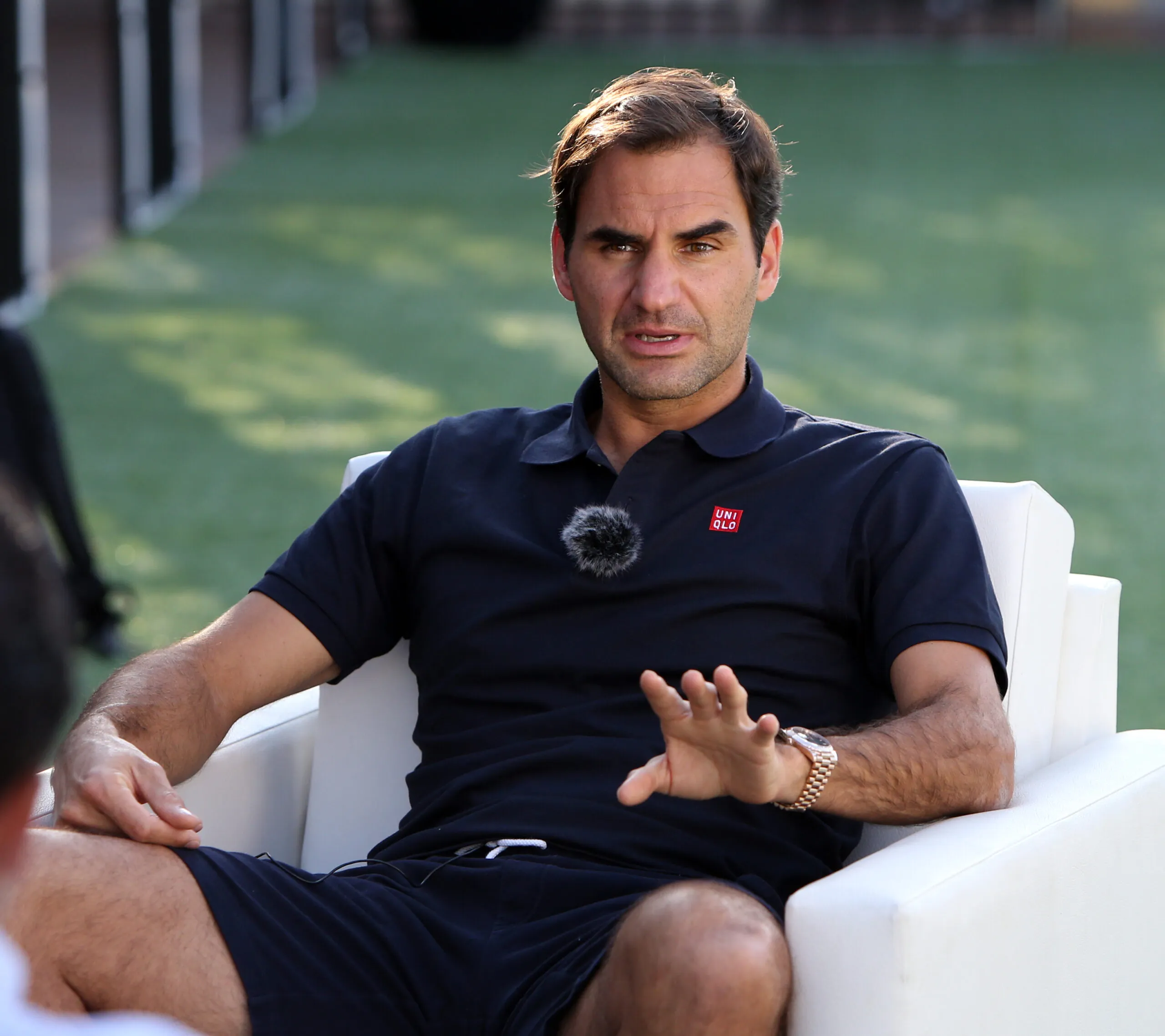
Roger Federer Opens Up on the Hidden Struggles of Facing Hurtful Social Media Storms
The Rise of a Tennis Icon in a Changing Digital Age
For over two decades, Roger Federer has been celebrated as one of the greatest athletes the world has ever seen. His mastery of the court, grace under pressure, and unmatched sportsmanship elevated him beyond the game of tennis and turned him into a global cultural icon. From winning 20 Grand Slam titles to carrying himself with humility, Federer embodied elegance in an era that often thrives on noise and controversy. Yet, behind this carefully polished image of excellence, Federer has admitted that life in the spotlight is not always as flawless as his one-handed backhand.
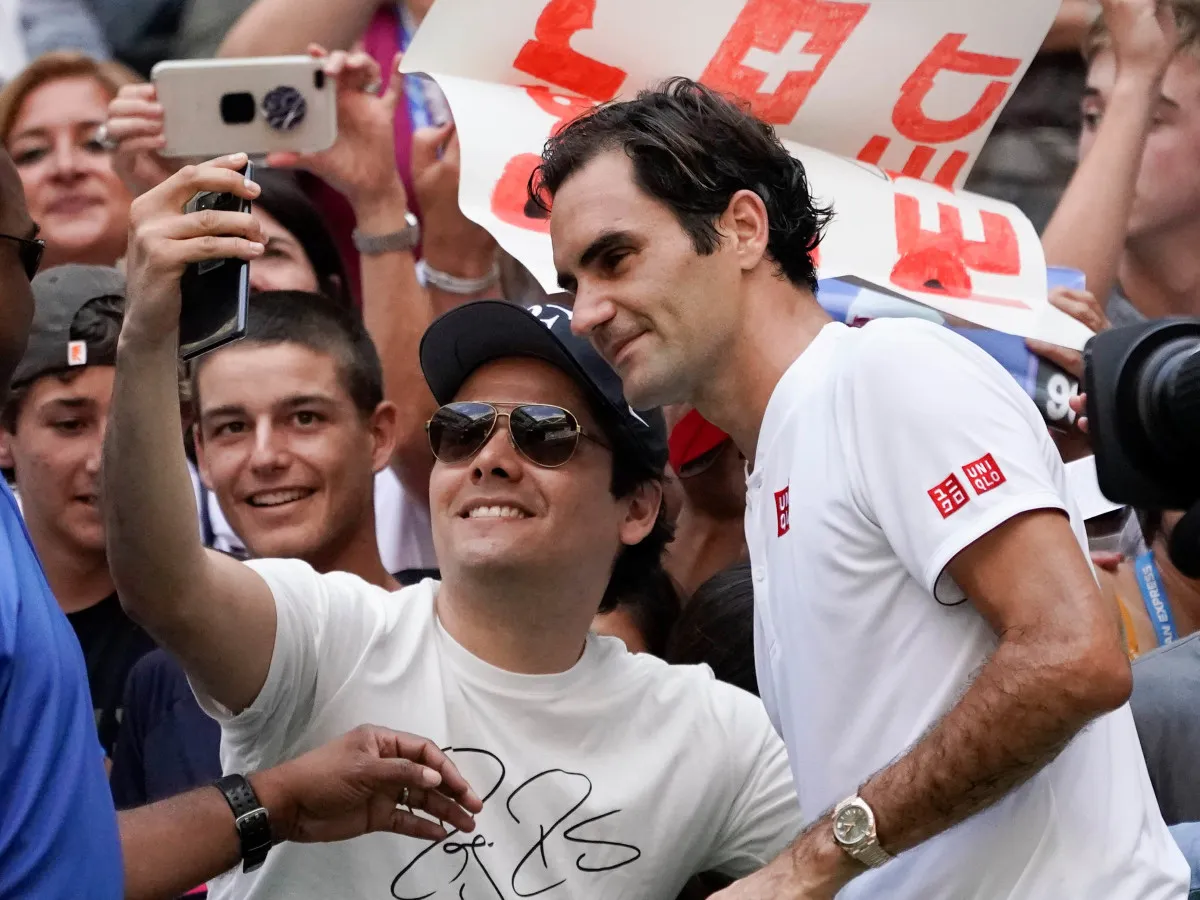
As the digital revolution reshaped the way athletes interact with their fans, Federer found himself navigating a world that was both deeply supportive and, at times, brutally unforgiving. The emergence of social media storms—those sudden waves of criticism, speculation, and personal attacks—has shown even legends like Federer that no amount of trophies can shield someone from emotional vulnerability. When the Swiss maestro opened up about these experiences, he revealed the hidden weight carried by athletes who are constantly judged in public view.
The Pressure Beyond the Tennis Court
In interviews reflecting on his career, Federer explained that the transition from the traditional media landscape to the era of Twitter, Instagram, and online forums created a new reality for athletes. In the past, criticism came mainly from journalists and commentators, often filtered through established media outlets. Today, however, the immediacy and anonymity of online platforms amplify negative voices in ways that can feel overwhelming.
For Federer, whose calm demeanor and charm were often celebrated, it was shocking to realize that not every fan online was rooting for him. During tournaments, while thousands cheered from the stands, another wave of voices emerged online—some supportive, others quick to pounce on perceived weaknesses or defeats. Federer noted that after tough losses, he sometimes hesitated before checking his phone, aware that a storm of negativity could appear within minutes.
What makes these storms so powerful is their personal nature. Instead of engaging with thoughtful analysis about his performance, Federer often faced blunt and hurtful comments that attacked his age, his decisions, or even his character. He admitted that no matter how strong or experienced an athlete may be, reading such words leaves a mark.
Human Behind the Champion
When fans see Roger Federer lifting trophies at Wimbledon or smiling during interviews, it is easy to forget that behind the champion is a human being with emotions, doubts, and vulnerabilities. Federer himself stressed this point when speaking about the emotional toll of constant public judgment. He emphasized that athletes, despite their wealth or fame, are not immune to hurt.
In fact, the pressure to appear perfect can make the experience of criticism even more intense. Federer described how, throughout his career, he felt the responsibility to embody professionalism and inspire younger generations. But at times, this expectation became a heavy burden, especially when online storms challenged his sense of self-worth. He revealed that the emotional scars left by social media often lingered longer than the physical exhaustion of grueling five-set matches.
Moreover, the illusion of detachment—that Federer was untouchable, invincible, or immune to outside noise—only deepened his struggles. By admitting that these storms affected him, Federer shattered the myth of the flawless champion and reminded the world that even heroes have fragile sides.
The Dark Side of Digital Adoration
Federer also reflected on the paradox of social media: it can be both a source of love and cruelty. On one hand, millions of fans across the world used platforms to celebrate his victories, share their admiration, and create global communities of support. On the other, the very same platforms could instantly transform into a battleground of insults and criticisms after a single defeat.
The speed of digital interaction makes these storms unpredictable and relentless. Federer recalled moments when a minor mistake on court—such as a double fault in a crucial game—could spiral into thousands of online discussions questioning his abilities or predicting his decline. What hurt the most was not simply the criticism, but the lack of empathy behind it. To be reduced from a respected champion to a subject of mockery within hours felt dehumanizing.
For a player who dedicated his life to discipline and excellence, this harsh treatment was a reminder of how the internet often overlooks the human dimension of athletes. Federer urged fans to recognize that behind every performance lies hours of training, sacrifices, and emotional battles unseen by the public eye.
Coping with the Storms
When asked how he coped with these challenges, Federer shared that it was not always easy. Early on, he admitted to internalizing much of the negativity, allowing it to affect his confidence and mood. Over time, however, he developed strategies to protect his mental health. One of his key methods was setting boundaries with technology—learning to step away from his phone, especially after defeats, and focusing instead on the voices of those who truly mattered: his family, his close friends, and his trusted team.
Federer also credited his wife, Mirka Federer, for being his anchor through difficult times. As someone who had experienced professional tennis herself, she understood the unique pressures he faced. Her encouragement and steady presence helped Federer navigate the waves of criticism without losing his sense of self.
Another crucial factor was Federer’s perspective on gratitude. He explained that focusing on the immense support he received from millions of fans worldwide allowed him to maintain balance. Instead of giving power to a few negative voices, he reminded himself of the overwhelming positivity surrounding his career. Still, he never denied that the harsh comments hurt; instead, he acknowledged the pain while refusing to let it define him.
Lessons for the Next Generation
Federer’s openness about his struggles with social media storms carries an important lesson for the next generation of athletes. As he pointed out, today’s rising stars face these challenges much earlier in their careers, often without the maturity or support system needed to withstand the pressure. For young players, a single viral clip or online debate can shape their reputation in ways that feel permanent.
By sharing his story, Federer encourages younger athletes to prioritize their mental health and not equate online approval with personal value. He emphasizes the importance of building strong inner circles, setting healthy boundaries with technology, and seeking professional guidance if needed. His message is clear: success on the court must go hand in hand with emotional resilience off the court.
A Legacy Beyond Tennis
Federer’s willingness to discuss the darker sides of fame adds another dimension to his legacy. While he will always be remembered for his graceful style of play and historic victories, his openness about vulnerability ensures that his influence extends far beyond tennis. By acknowledging that even legends suffer under the weight of online judgment, Federer breaks down stigmas surrounding mental health in sports.
His story resonates not only with athletes but with anyone living in today’s hyperconnected world. Whether in sports, entertainment, or everyday life, people are increasingly subjected to public scrutiny and the harshness of online environments. Federer’s reflections serve as a universal reminder that empathy, kindness, and understanding should guide our interactions in the digital space.
The Call for Empathy in the Digital Era
Ultimately, Federer’s reflections on hurtful social media storms highlight a broader cultural issue: the need for compassion in the way we communicate online. The power of words—whether supportive or destructive—can shape the mental well-being of individuals more than many realize. Federer’s candid insights remind fans that behind every athlete, celebrity, or public figure is a person navigating the same emotional complexities as anyone else.
In a world where online interactions often feel detached from real human consequences, Federer’s message carries profound weight. If a man who conquered Wimbledon eight times can still feel vulnerable in the face of online negativity, it shows how deeply words can cut. His appeal is not for silence or blind adoration, but for respect, fairness, and empathy.
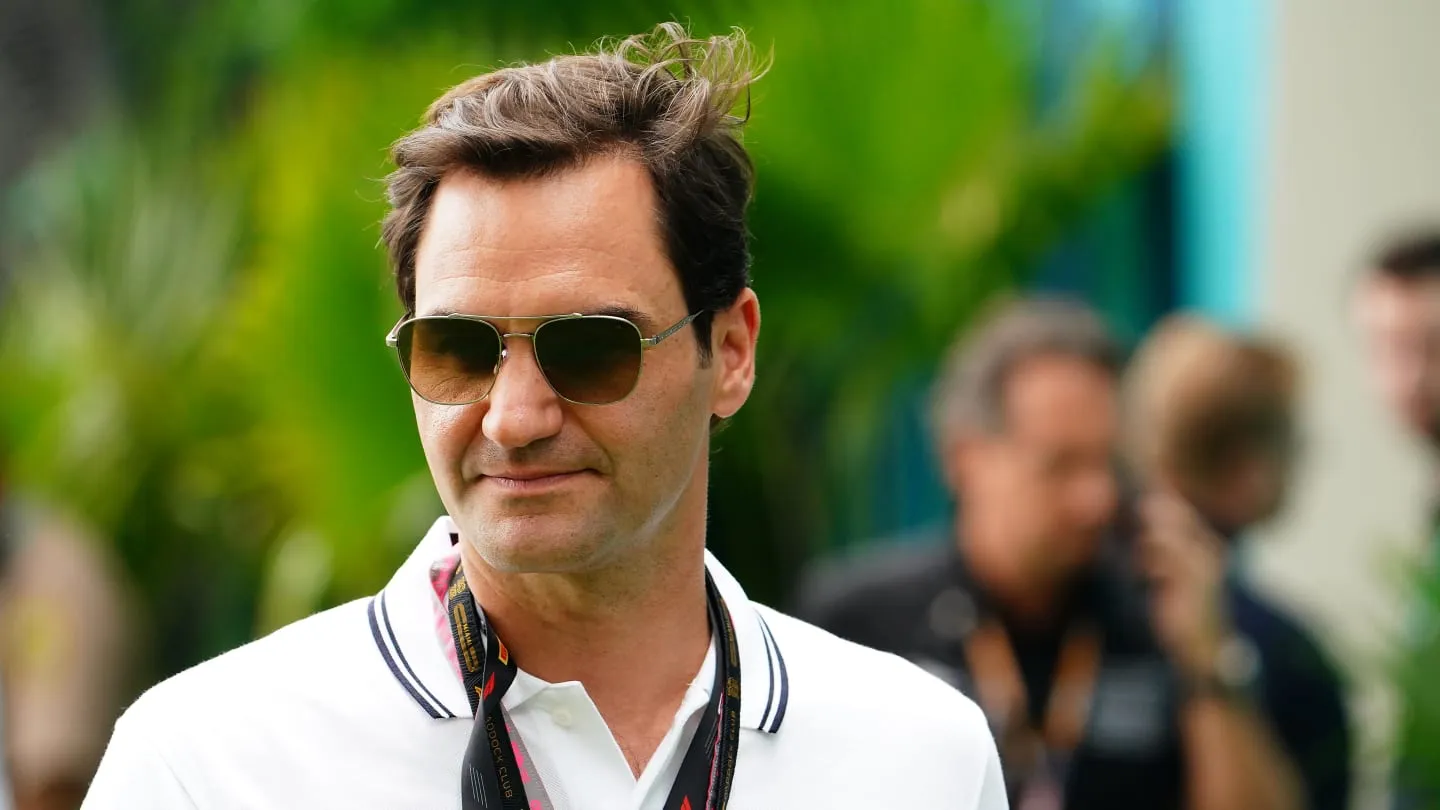
Conclusion: Strength in Vulnerability
As Roger Federer transitions into life after tennis, his openness about personal struggles adds richness to his image. He is not only the maestro of tennis but also a voice advocating for humanity in the digital age. His honesty reveals that true strength lies not in pretending to be untouched by criticism, but in acknowledging pain and finding ways to rise above it.
Federer’s story is a testament to the fact that even champions face invisible battles. The grace with which he speaks about these experiences invites all of us to reflect on how we engage with others online. In doing so, he continues to inspire—not just as a symbol of sporting greatness, but as a reminder of the resilience of the human spirit in an era where storms can begin with a single post.









